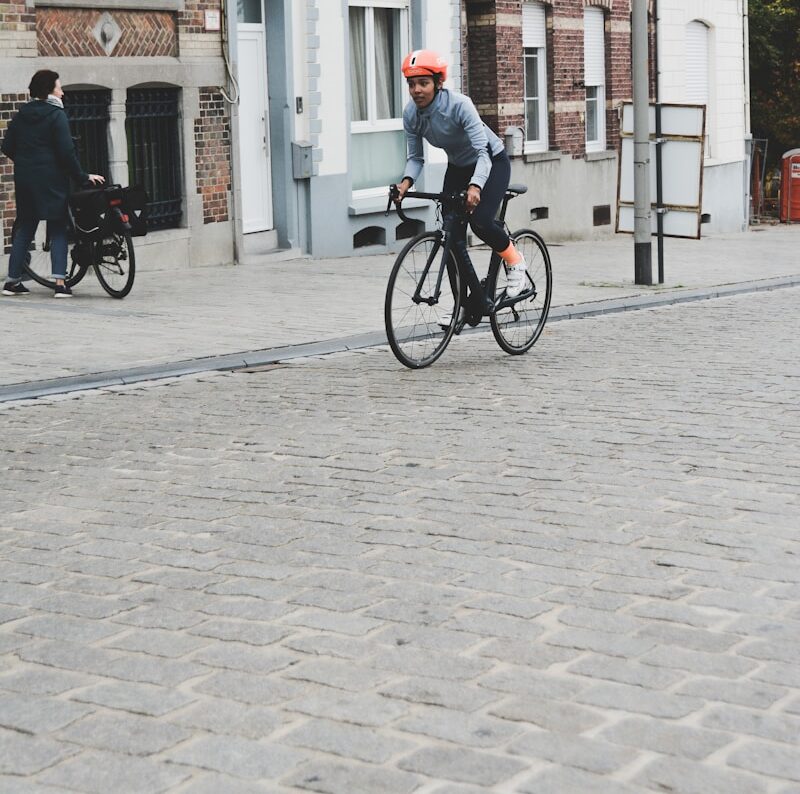New research shows seven years of pushing pedal power and infrastructure for bikes has led to significantly more riders, but a huge gender divide exists.
The message from CyclingUK is clear. When compared to 2018, there are far more people cycling in British towns and cities today.
Looking specifically at London, where the greatest level and spread of investment has taken place, seven years ago 49% of respondents to a YouGov survey claimed a lack of separate cycle lanes stopped them from cycling. This has now dropped by almost half, to 26%. Department for Transport’s 2023 Active Travel Trends report backs this up, with 1.33million bicycle journeys made each day in the capital by the start of 2024, up from 600,000 in 2012.
But it’s not all good news. ‘Barriers’ to cycling are widening between men and women across almost every measure. More than half of women – 58% – believe their cycle journeys are limited by safety concerns, including lack of infrastructure.
In contrast to men, this was actually 4% up on the previous survey. Meanwhile, 53% of women in the new study said they were put of riding because of news coverage about dangers. Conversely, Department for Transport figures show bikes are a safer travel option than walking.
When looking at what could encourage more women to cycle, 45% said a direct route to their nearest high street would be a selling point, and 39% want to see dedicated cycle lanes. 13% suggested traffic reduction measures to remove more cars from town centres would also be an effective measure.
“Many women, including myself, need to overcome barriers to cycling that simply don’t affect men in same way. It’s important we build safe cycle routes designed with the experiences of women in mind – while also calling out bad behaviour on our roads. Gender should never play a role in whether or not people feel able to choose to cycle,’ said Sarah McMonagle, director of external affairs at Cycling UK. ‘We know that the best way to enable millions more women to cycle is to build a network of separate cycle lanes across the country.
‘That’s why we’re calling on all four governments in the UK to invest at least 10 per cent of their transport budgets in active travel as part of our new campaign,’ she continued. ‘In England, the UK government is on the brink of making some momentous decisions about how it allocates funding over the next few years. Long term investment in active travel is essential to ensuring we realise the enormous economic, health and environmental benefits that come when more people cycle.’
Image: Coen van de Broek / Unsplash
More on transport:
UK’s largest bus and coach company offers suppliers free sustainability training
Trial begins with micromobility for people with disabilities


















